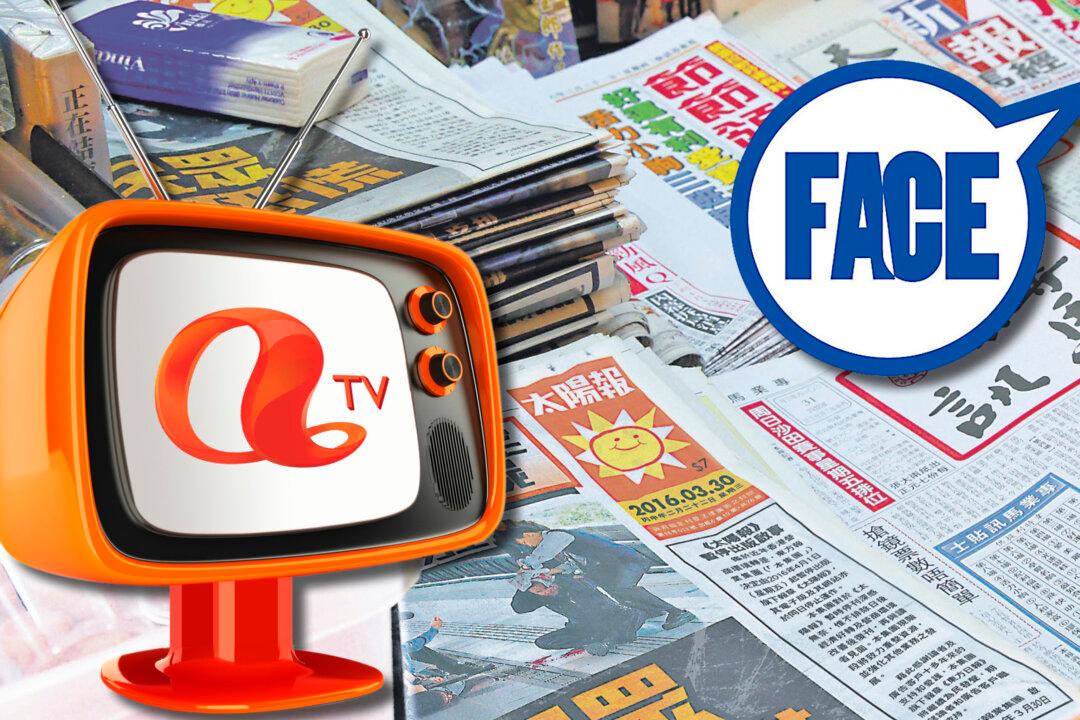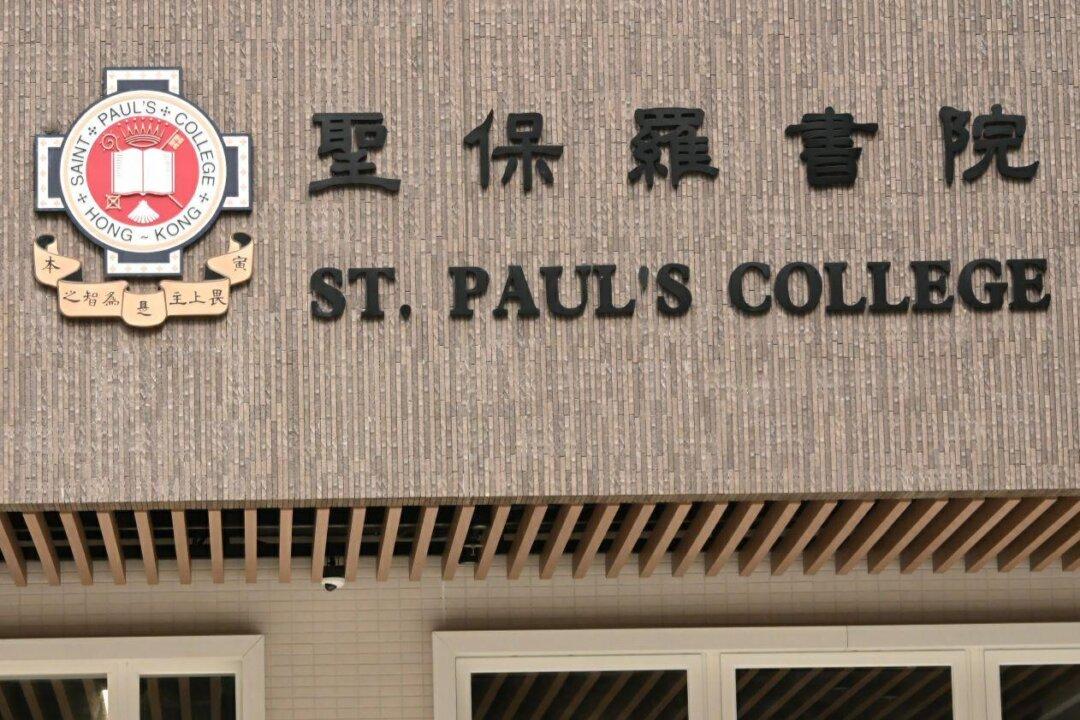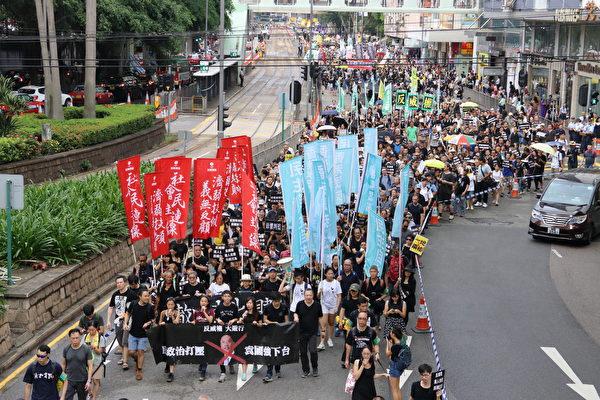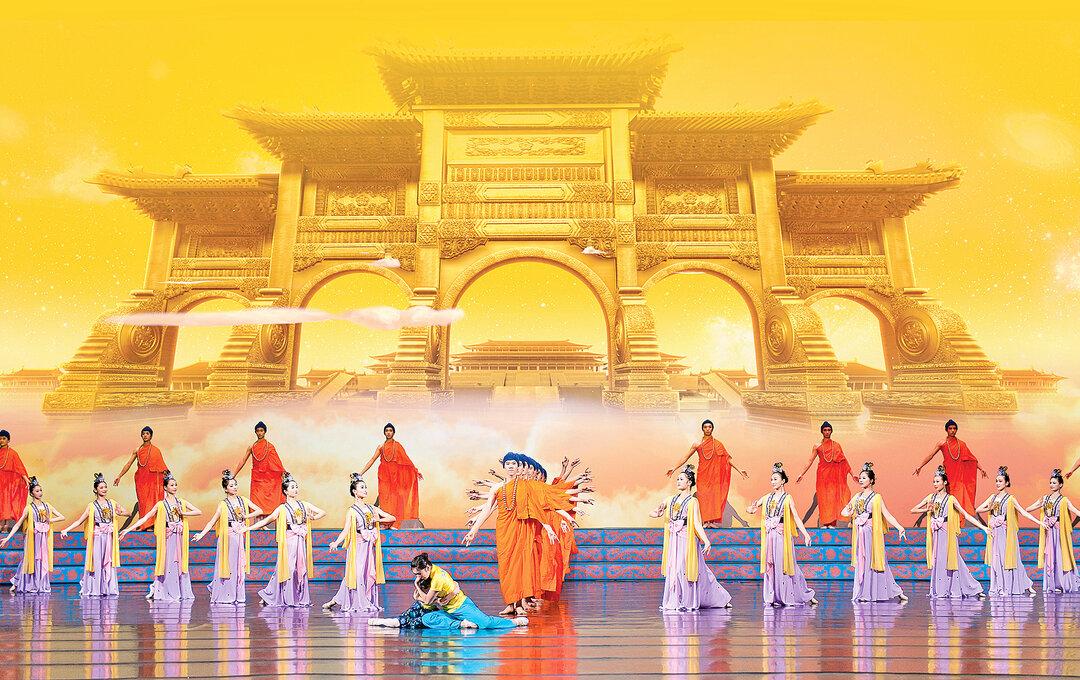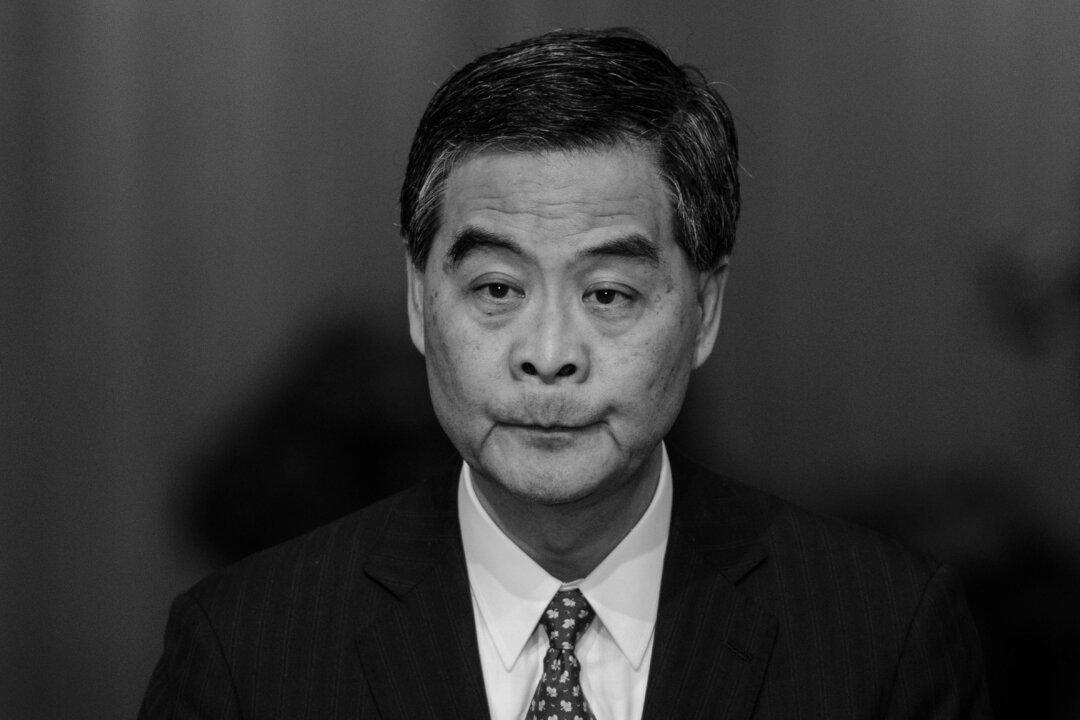Hong Kong—In the first week of April, three media—the historic Asia Television (ATV), Next Media’s FACE magazine, and the newspaper The Sun—successively bid farewell to the local media market.
The recently released financial reports of media groups have also showed losses, highlighting the plight of the traditional media industry.
Commentators and senior media consultants believe the increasing alignment of Hong Kong’s media with that of mainland China is the prime cause of the loss of readers and viewers. They think media that defends the core values of Hong Kong people will become more and more popular, while media that acts as a Chinese Communist Party (CCP) propaganda and stabilizing tool will have no way out.
The Sun
The Oriental Press Group issued a notice on March 29 announcing its board’s decision to suspend the publication of The Sun and its online website starting on April 1, due to Hong Kong’s recent deteriorating business climate.
The Sun and Oriental Daily News published notices of print suspension on their front pages on March 30, expressing the group’s apology and saying that it does not rule out the possibility of resuming printing when the business environment improves during a future economic upturn. However, there was no mention of the fate of the publication’s staff.
This is the second newspaper in paid circulation that has ceased publication in less than a year. Hong Kong Daily News closed in July last year. It was long known that the finances of the 17-year-old newspaper The Sun had run into problems.
